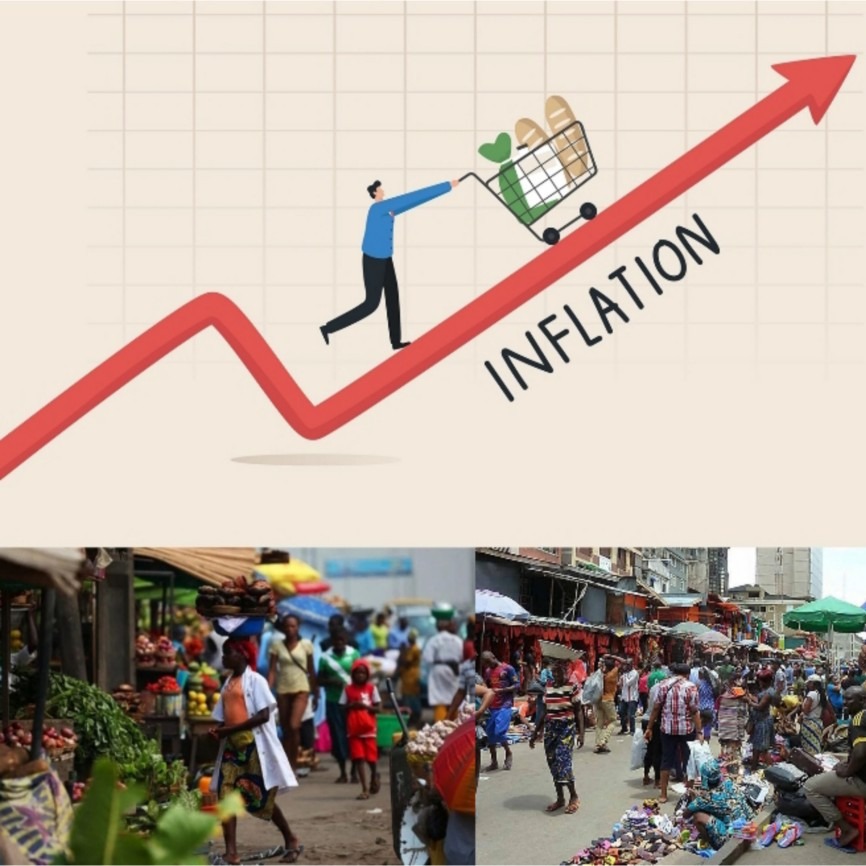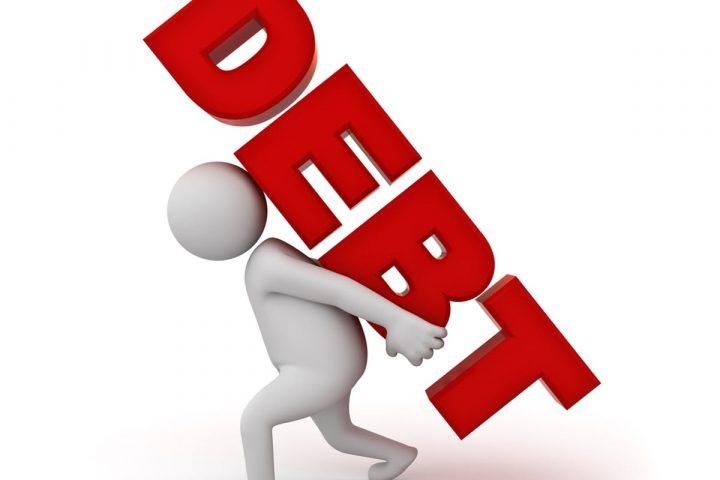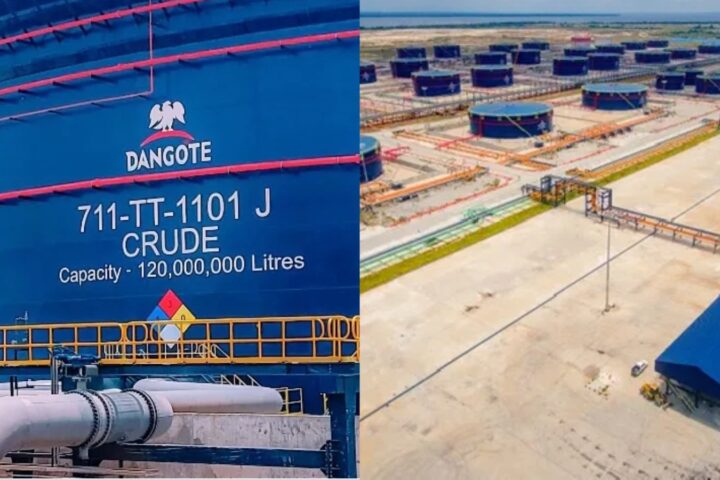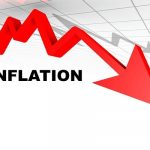A report by a Lagos-based firm, Financial Derivatives Company (FDC), has projected that Nigeria’s inflation rate is expected to hit 32.4 per cent in March 2024, becoming the highest in almost three decades.
The report attributed it to the lingering impact of petrol subsidy removal done last year, food supply chain disruption, and high energy costs among other factors.
Join our WhatsApp ChannelAccording to the FDC report: “Inflation in March is expected to surge to 32% underpinned by food supply chain disruption and lingering impact of fuel subsidy reduction.”
The CPI and Inflation report for February published by the National Bureau of Statistics (NBS) revealed that Nigeria’s headline inflation reached 31.70 per cent, while food inflation hit 37.92 per cent.
The FDC report further predicted that the “inflation is set to peak in May/June and begin to decline after the wage review.”
This comes as the Central Bank of Nigeria (CBN) continues to battle the soaring inflation with aggressive monetary policies.
The apex bank has in the past two months, raised the Monetary Policy Rate (MPR) by 600 basis points from 18.75 per cent to 24.75 per cent.
The FDC report noted that although the central bank has implemented an aggressive monetary strategy aimed at reducing the persistently high inflation, this may not be enough to bring down the figures.
It added that in addition to using monetary measures, the authorities needed to adopt other strategies.
It further stated that to control inflation, nations like Kenya, Turkey, and Egypt carried out structural reforms, wage review, and also sourced fresh funding in the form of Eurobonds and bailout interventions from the World Bank or the International Monetary Fund.
READ ALSO: Nigeria: Why Inflation Keeps Rising
While FDC projected 32.4 per cent, CBN’s, deputy governor of the Economic Policy Directorate, Muhammad Sani Abdullahi, had however, estimated that the CPI would rise to 32.63 per cent.
According to Abdullahi, there are three main factors that have contributed to the country’s inflation which include high energy costs, the effect of exchange rate fluctuations, and security challenges.
“Headline inflation is expected to rise to 32.63% in March 2024, due to: high Energy Prices: Lingering impact of fuel subsidy removal, resulting in an increase in the cost of household utilities, transportation and production costs.
“Exchange Rate Passthrough: Depreciation of the naira resulting from the market-determined exchange rate policy, is likely to have a passthrough effect on domestic prices.
“Insecurity: Impact of insecurity on food production, the winding down of the harvest season, and high cost of farm input could negatively impact food prices,” Abdullahi stated.
Victor Ezeja is a passionate journalist with seven years of experience writing on economy, politics and energy. He holds a Master's degree in Mass Communication.


















Follow Us